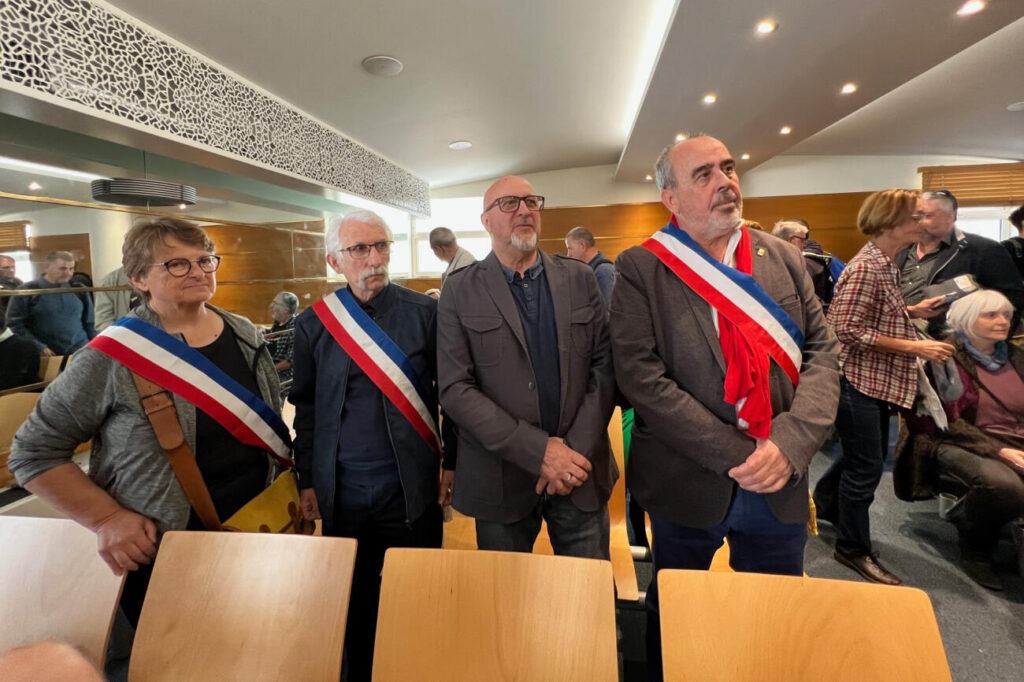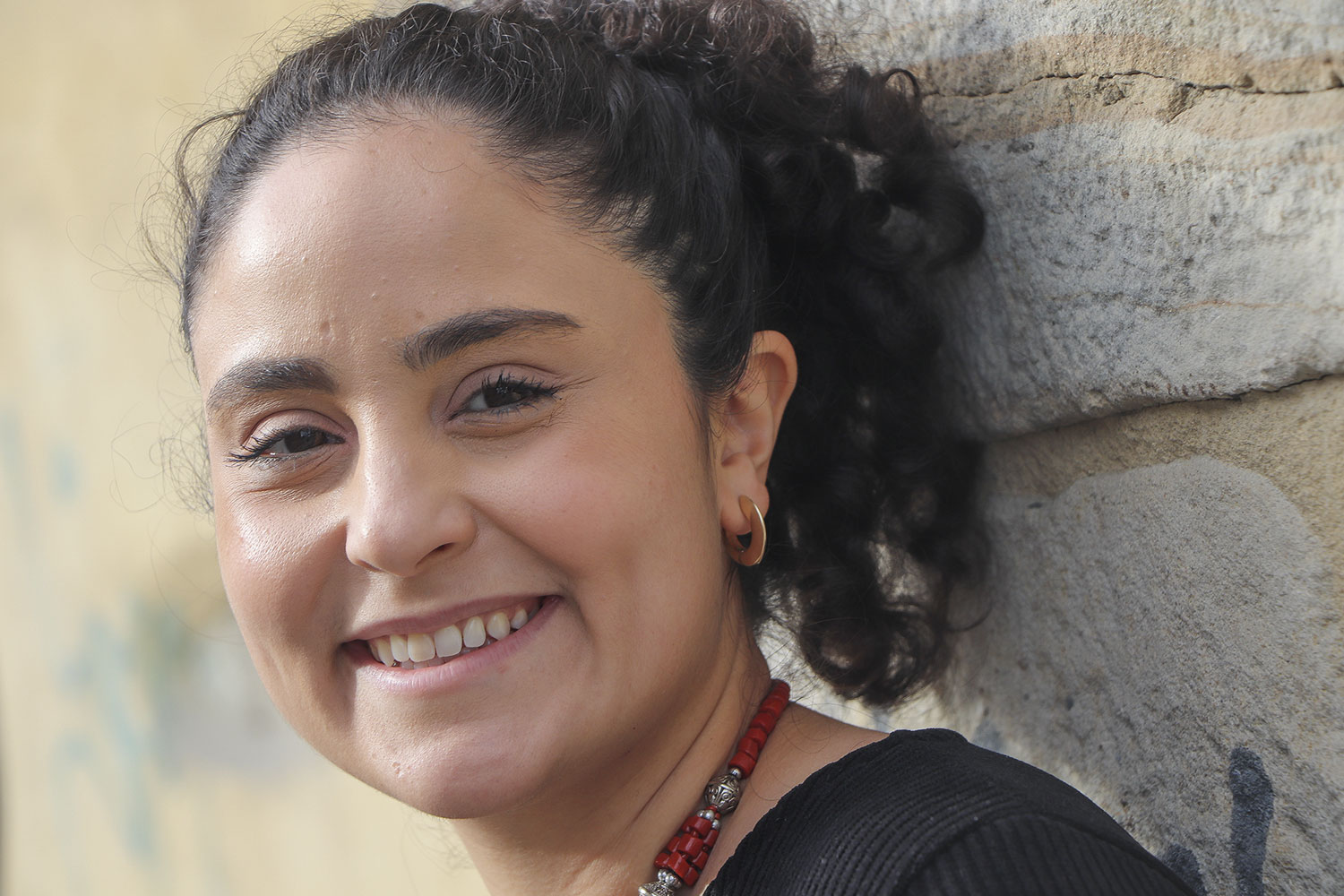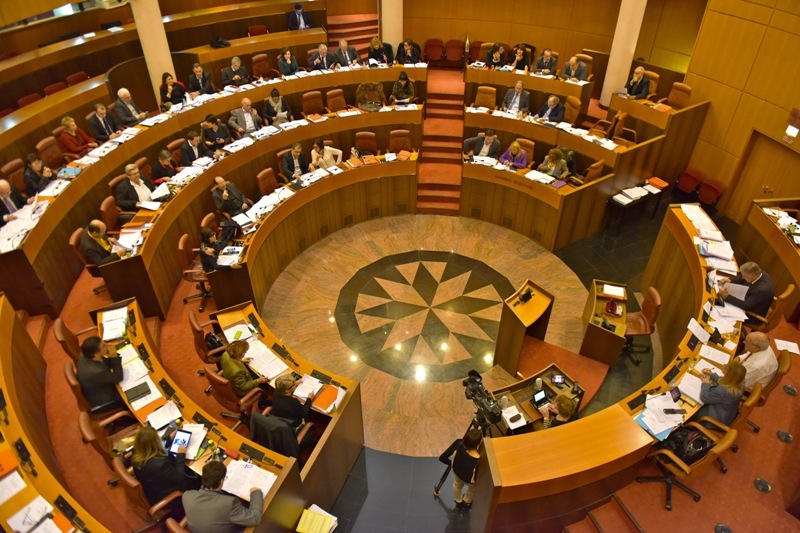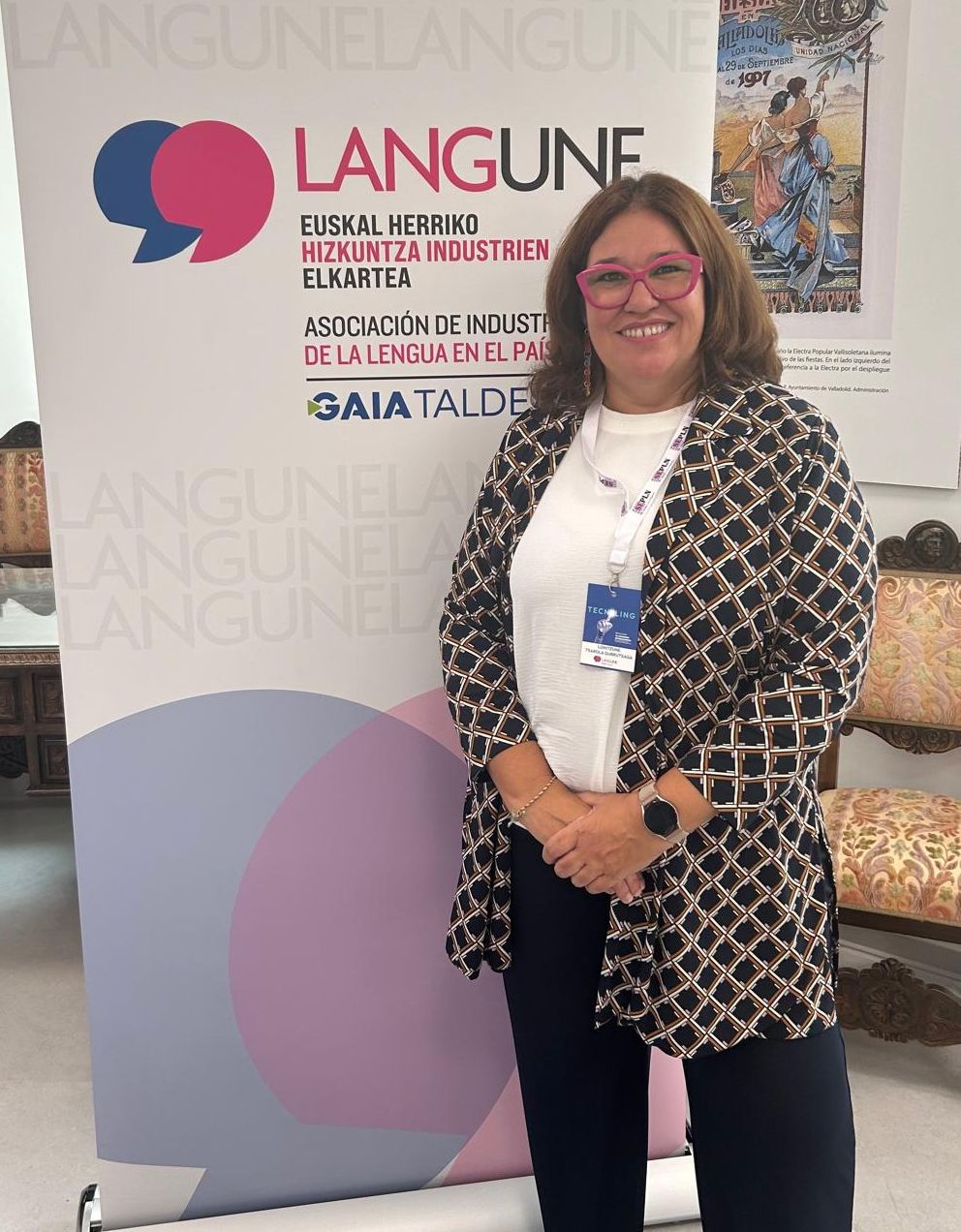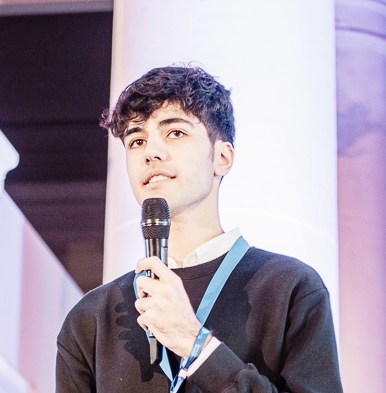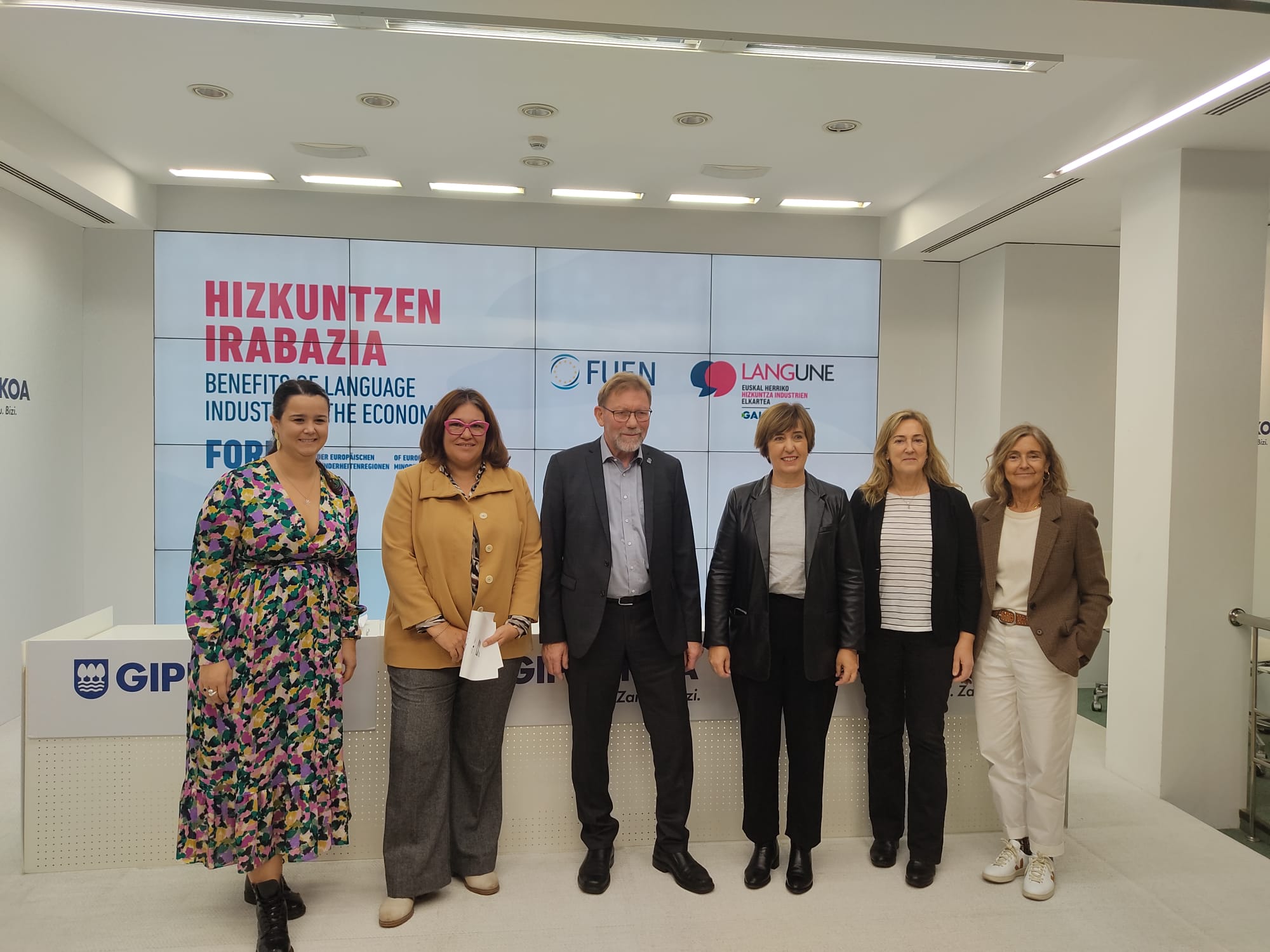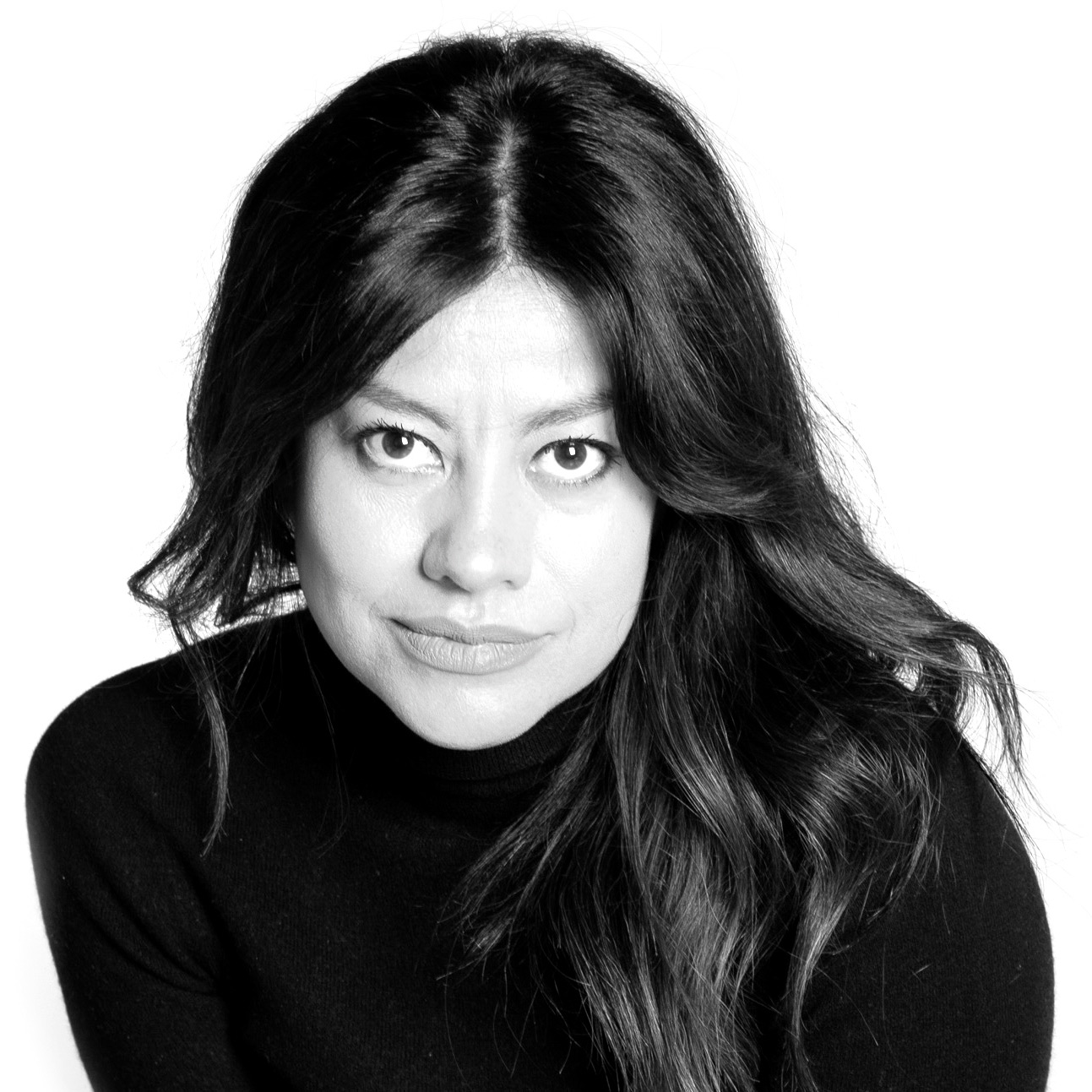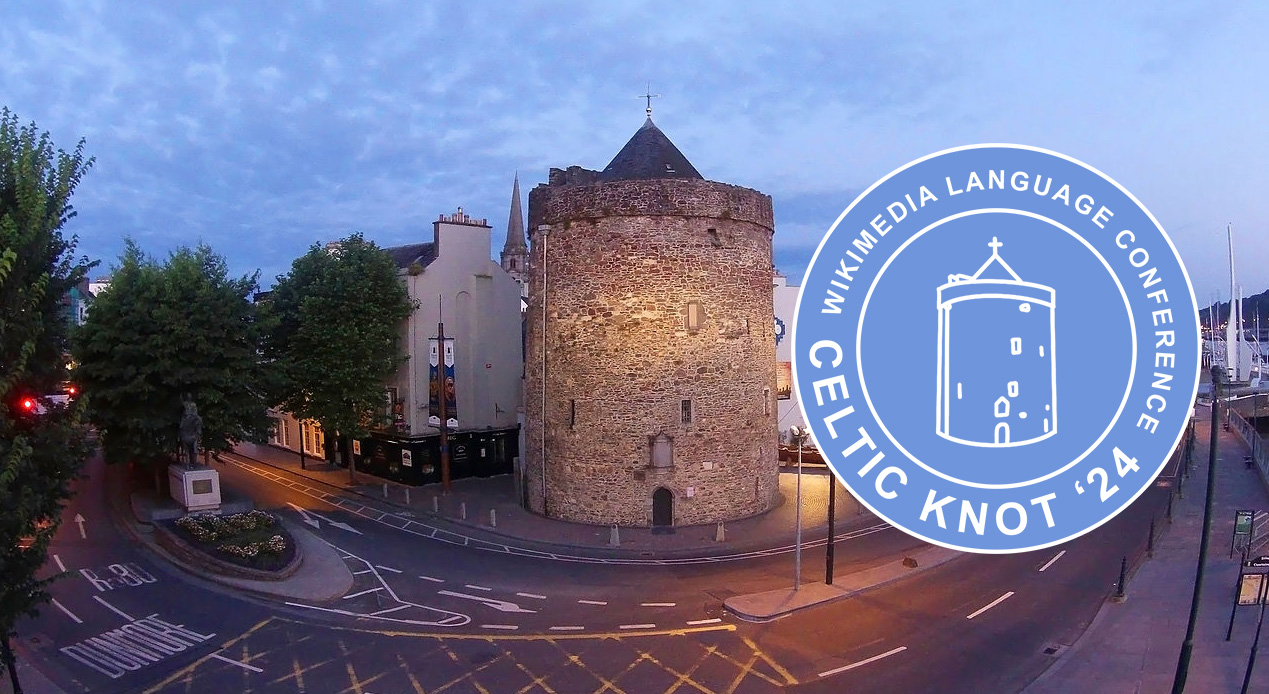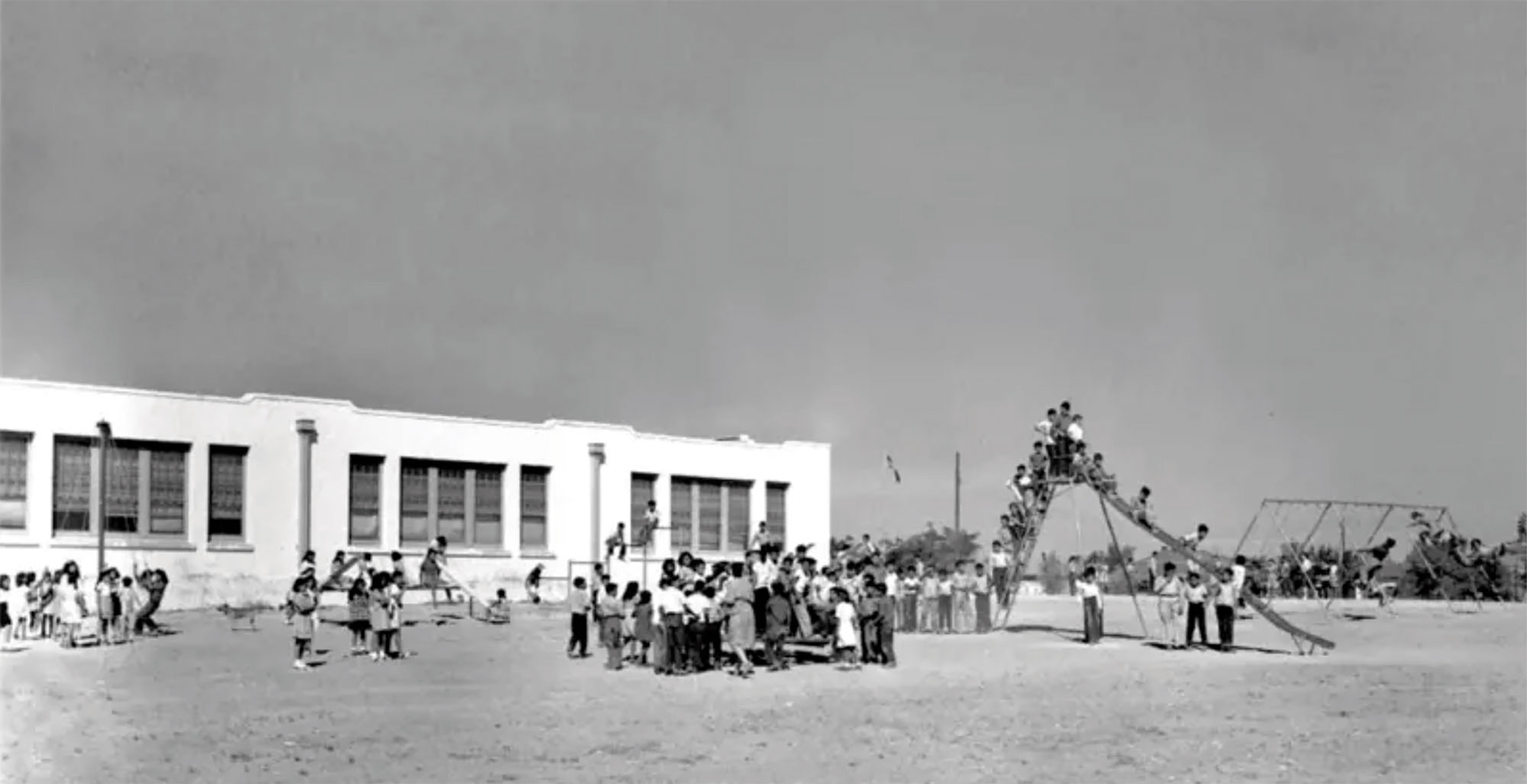
A few months ago, I read a very interesting book. National thougth in Europe. A cultural history, by Joep Leerssen, in Catalan version (El pensament nacional Europa, Editorial Afers, 2019). It explains how Europe developed national thinking or, in other words, the national approach. That is, it is not exactly what we call nationalist ideology, but how this new way of understanding society appears in the 19th century: nations, as groups of different and specific people, each with their right to exist, characterized by a particular identity and culture. As I understand, thinking about society considering nations is to use another category of analysis, such as gender or class. Then, from there, what ideologies are projected, that's another debate.
National thinking was attentive to the upbringing of romanticism and a nice branch was the interest of some Europeans in the cultural manifestations of other peoples around them. Through this book I have met one of those Europeans, the friendly Johann Gottfried Herder.
The Herder thought that all human beings, as beings of God, share a fundamental dignity, and that there was no better than the other. And so if everyone is equal, why so much diversity in languages? It considers that human beings do not only use language, but many because all languages are adapted to their living conditions. Moreover, humanity is not characterized by being a language, but by the potential of language to develop difference.
"Humanity is characterized not by being a language, but by the potential of language to develop difference"
This approach initiates a new way of understanding culture: cultural ecology. This approach allowed assessing any cultural production, performed by any culture, even if it was not found in the "quality standards" of the time, because what we produce human beings always makes sense, because it is a fundamental demonstration for every cultural landscape and some pride.
The other dark side of this ideology was in France with its enlightened thinking. The French enlightened thought that some cultures are more important than others, and in the name of social improvement the best was assimilation and uniformity. Ironically, Herder mocks the proposed "improvement by assimilation" of this thought:
“How regrettable were the days when there were still nations of different nature! How many hatreds, how many xenophobia! What patriarchal prejudices! (...) Provincial thought, narrow ideas, eternal barbarism! Now, thank God, all nations have been erased, we all love each other, or better yet, no one should love anyone else!”
Now that I know you, and I know that by saying that Herder was at the origin of German nationalism you are going to ruin the front (I too have been through ...), I would like to make it clear that, apparently, our Herder was far from supremacist imperialism which would later dominate German nationalism. It considers that once all peoples have been liberated nationally, and after the nations have their recognized rights, wars would disappear because neither the imperialist causes that provoke them would remain. At the same time, he rejected racism and explicitly defended blacks, an absolutely unique attitude for that time, insisting "despite the diversity of the human form, everywhere on Earth there is one man and he"; "It is a human race, we work and suffer, we sow and harvest."
In 15 days' time we will continue to talk about linguistic ecology and linguistic wealth. Our next protagonist will be Waston Kirkonnell, specifically the book by Kirkonnell, European elect.
Korsikako legebiltzarkideek ezin dute Korsikako Asanblean korsikeraz hitz egin, Bastiako Auzitegiaren 2023ko epai baten arabera. Ebazpen horri helegitea jarri zion Asanbleak, baina debekua berretsi du orain auzitegi berak. Epaiak tokiko beste hizkuntzei eragiten diela ohartarazi... [+]
Uwa, kamsá, tukuná, uitoto, tikun, embera, nasa/yuwe, nuka, sikuani, siano, macuna, yuruti, kichwa, achagua, bora, truncar. These are some of the languages spoken in Colombia. Unfortunately, when I lived in Colombia, in Cundinamarca, I did not have the opportunity to learn our... [+]
Marfa, 1954. At Blackwell Elementary School in this Texas desert village, children were forced to participate in a peculiar ceremony. The teachers distributed pieces of paper to them and asked them to write: “I will not speak Spanish, neither at school nor at rest.” They put... [+]
Her daughter learns to play the ukulele. He once acted with Somewhere over the rainbow notes. The author of this version was Israel Kamakawiwo?ole. As you see, Mr Israel’s last name is quite special to us. So special that “Cira, this is not an English surname, maybe behind... [+]









